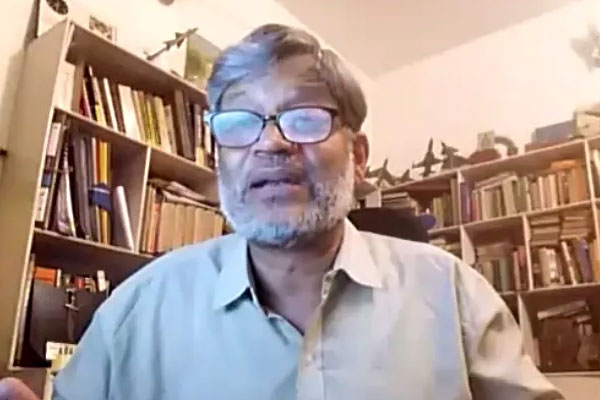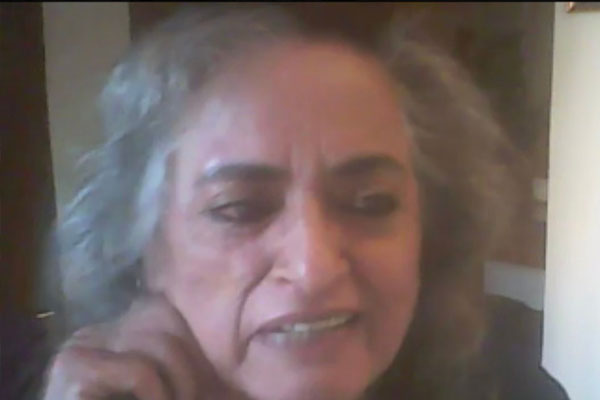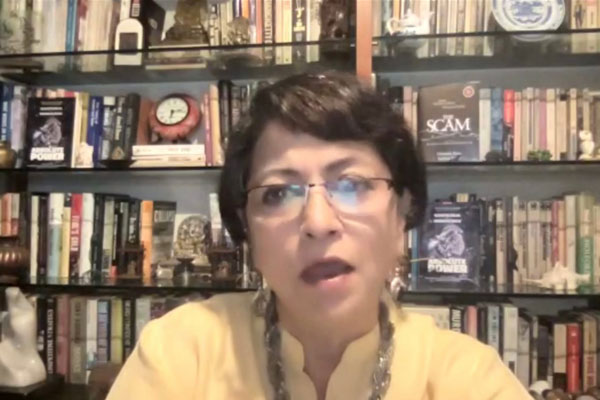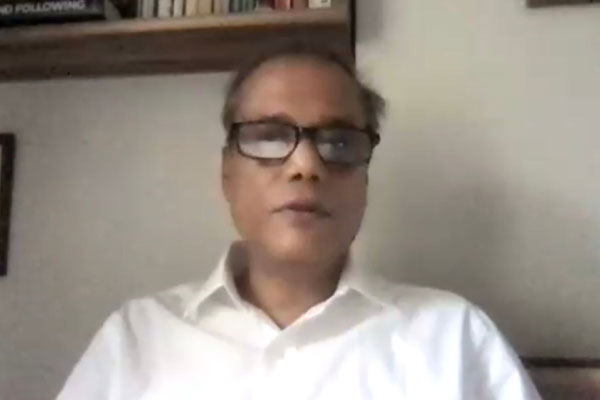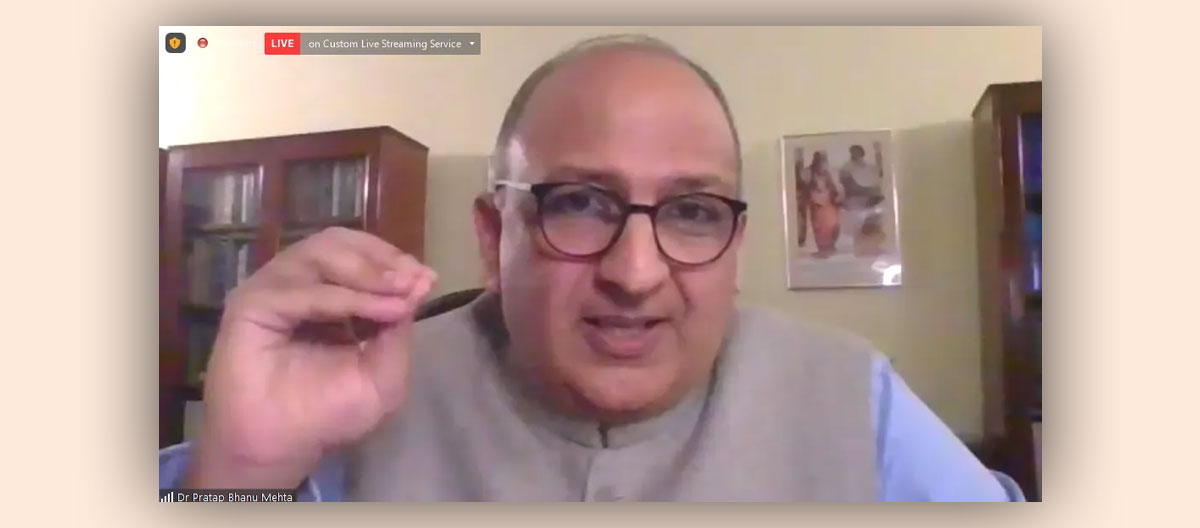
“The erstwhile regime is now completely overturned, and we are now entering a new kind of regime, and I use the word regime because it signals a certain kind of distribution of power. A new regime whose contours we still do not fully understand. One of the features of this new regime is that it will demand progressively more and more control over civil society. The idea is that civil society can act as the autonomous space, independently of the state, acting as a pressure group outside of it. We have learned shockingly or perhaps not surprisingly over the last few years that there is no such thing as Indian civil society. Let there be no illusion that in the conventional politics that we are in now, civil society is dead. We all need the kind of scale and scope like our freedom movement to revive the civil society,” says academician and political scientist Dr Pratap Bhanu Mehta.
He was delivering the 4th Annual RTI Lecture Moneylife Foundation’s RTI Centre. The former president and chief executive of Centre for Policy Research (CPR), a New Delhi based think tank, and the former vice-chancellor of Ashoka University spoke about “The Collapse Of Civil Society: Reflections On Democracy And The Public Sphere”.
He says, “Nationalism has been essential in India. But in the mid-2000s, we began to sense that the form of Indian Nationalism could be institutionalised, you know, the masculine urge to be recognised by the global community. After that, the background conditions of our collective lives have completely and utterly collapsed.”
According to Dr Mehta, the state is regressing on all dimensions. He says, “Instead of more transparency, we have more secrecy; instead of more decentralisation, we have more centralisation. The only thing in which the state has progressed arguably is in capacity.”
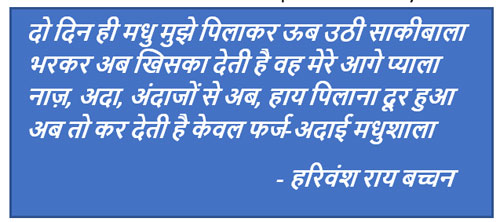 “When I walk into a classroom these days, and somebody asks me what the Indian constitution is, I cannot tell you with a straight face what it is. I mean, I can show you the text and I can recite our standard political theory….but I cannot tell you what the legal system is under the constitution,” Dr Mehta says, while quoting ‘farz adayee’ from Hariwansh Rai Bachchan’s famous poem Madhushala.
“When I walk into a classroom these days, and somebody asks me what the Indian constitution is, I cannot tell you with a straight face what it is. I mean, I can show you the text and I can recite our standard political theory….but I cannot tell you what the legal system is under the constitution,” Dr Mehta says, while quoting ‘farz adayee’ from Hariwansh Rai Bachchan’s famous poem Madhushala. Dr Mehta, the academician, also mentioned how anti-corruption movements almost always end up in authoritarian regimes because it becomes a pretext for more state surveillance than giving citizens more power.
According to Dr Mehta, the Indian economy is in this exciting stage where there is great scepticism about civil society that it can produce all things considered, solutions to the complex problems that face India. He says, “While it might have been good for creating certain kinds of accountability like the RTI movement, and social audits all of the things, does it have a solution, can there be a form of conversation that solves the gradient crisis? Can there be a form of conversation?”
“Every single conflict in society has to be mediated through the ideological lens of the ruling party. Every single institution in society has to answer to the ideological lens of that party. There is no longer a civil society left,” he added.
The lecture was followed by a discussion between Dr Mehta, Prof Ritu Dewan, Vice President of Indian Society of Labour, Nikhil Dey, a founding member of the Mazdoor Kisan Shakti Sangathan (MKSI) and Sucheta Dalal, founder-trustee of Moneylife Foundation and Moneylife’s managing editor.
Participating in the discussion, Mr Dey says, “l am not a fan of the term civil society as the term confuses as much as it defines. But I agree with many of Dr Mehta’s details in his lecture. I think I agree that there is an attempt by the regime today to take away everyone and everything completely. I believe there is a lot of strong resistance and people coming together to do things.”
He has been associated with the RTI movement since its inception days. “RTI will remain a fundamental problem for any regime, and these are civil society contributions. Not everyone did badly during COVID. Billionaires earned billions during the pandemic. There is a social inequality present,” says Mr Dey, who works for MKSI, Suchna Evum Rozgar Adhikar Abhiyan and NCPRI, among others.
Prof Dewan feels civil society is expected to perform the role of the government or put forth alternatives. She says, “There is a reverse of transparency where civil society has to be more transparent, but the governments are more and more secret. Governments do not seem to have any more data. The process of obtaining accurate data itself is the punishment. There is no one to talk with, no one to discuss such issues.”
TS Krishnamurthy, former Chief Election Commissioner of India and trustee of Moneylife Foundation, says political parties in India are the weakest link. “Civil societies must not sacrifice the rule of law principle and agitate in the courts of law. Political parties are the weakest link in India. They are irresponsible in regularising or supporting civil society. Unless they learn to be accountable, political parties need to be reformed.”
The panellist also answered several questions asked by the participants.
The web talk was attended by several prominent personalities from all fields and included concerned citizens, and leading RTI activists from across the country.
This was the fourth Annual RTI Lecture of Moneylife Foundation’s RTI Centre. Justice AP Shah, former chief justice of Delhi High Court delivered the inaugural RTI Lecture (Read: “Right to freedom of speech & expression is under attack. Citizens need to rise and demand accountability from government,” — Justice AP Shah).
It was followed by lectures by justice Santosh Hegde, former Judge of the Supreme Court, solicitor general of India and Lokayukta for Karnataka (Read: “Good Governance Can Be Provided by Public Servants Only If They Follow ‘Raj Dharma’,” says Justice Santosh Hedge).
Last year, former Chief Justice of India MN Venkatachaliah delivered the 3rd Annual RTI Lecture (Read: “By Using Technology 90% of the Cases Can be Disposed of in 18 Months”- Justice MN Venkatachaliah).


